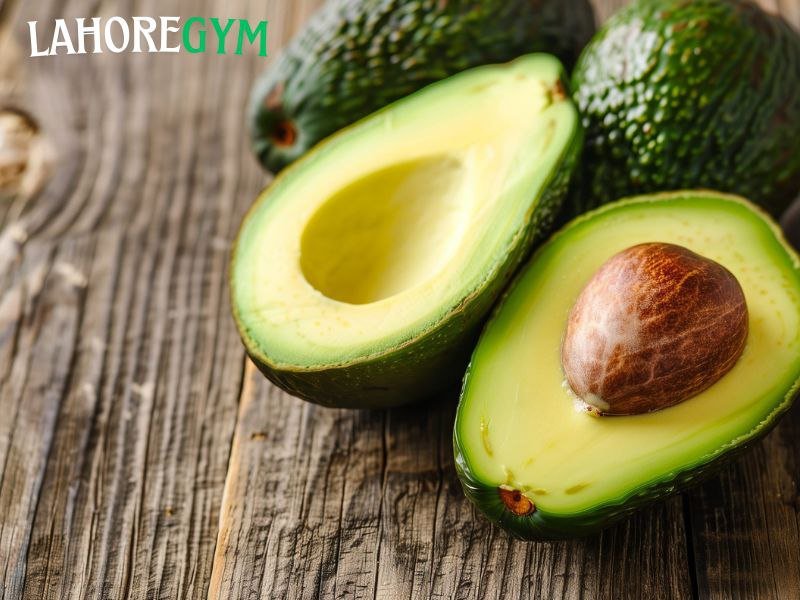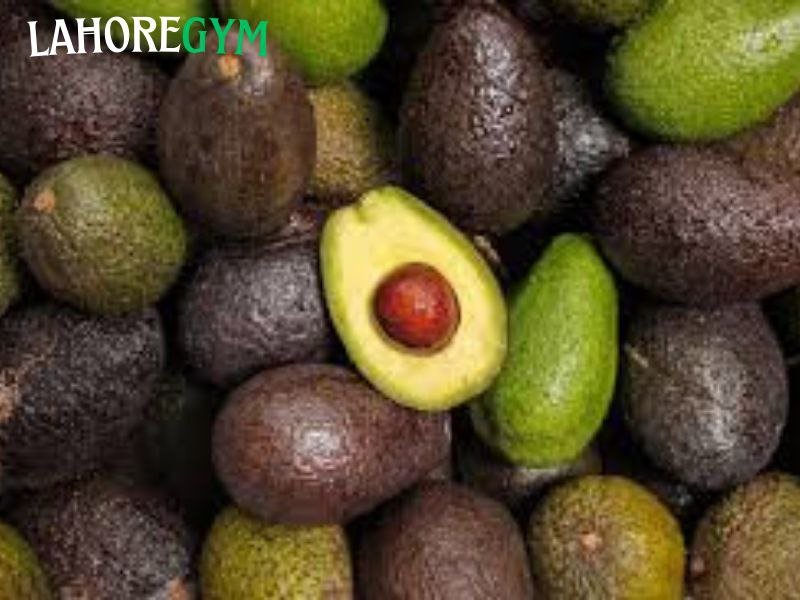
Avocado often associated with luxury and trendy dishes is no longer just a “foodie fad” This creamy green fruit has become the subject of growing scientific research, uncovering new health benefits with every study The latest findings, published in the Journal of the American Heart Association, highlight surprising links between daily avocado consumption, improved sleep quality, better diet, and lower cholesterol levels.
So, what exactly did the study reveal? And could a daily avocado be the key to better sleep and improved health?
The Study: Design and Key Findings
The six-month study involved 969 adults in the United States, all of whom suffered from abdominal obesity a major risk factor for heart disease and metabolic disorders.
Participants were divided into two groups:
- Group One: Ate one avocado per day.
- Group Two: Maintained their usual intake of one or two avocados per month.
The primary aim was to measure the impact of avocado on heart health Surprisingly, no significant improvements were recorded for heart health during the short study period However, researchers noted other remarkable outcomes:
Improved sleep duration and quality among daily avocado eaters:
- Better overall diet quality, with greater inclusion of nutrient-dense foods.
- Lower blood lipid levels, including reductions in “bad” LDL cholesterol.
- No direct or short-term improvement in heart markers within six months.
Why Avocado?
Avocados stand out because of their unique nutritional profile:
- Healthy fats: Rich in monounsaturated fats that reduce LDL cholesterol and boost HDL cholesterol.
- Fiber: Each fruit contains around 10 grams of fiber, promoting digestion and protecting cardiovascular health.
- Minerals: A good source of magnesium and potassium, which support muscle relaxation and blood pressure regulation.
- Antioxidants: Compounds like lutein and carotenoids help protect cells from free radical damage.
Avocado and Sleep: The Hidden Connection

According to Dr. John Cates, spokesperson for the American Academy of Sleep Medicine, avocado is not a “sleeping pill,” but its nutrients may indirectly promote better sleep.
- Magnesium calms the nervous system and supports relaxation.
- Potassium regulates muscle contractions, reducing nighttime cramps.
- Healthy fats help regulate hormones like melatonin, which are linked to the body’s sleep-wake cycle.
Regular, balanced meals containing healthy fats, complex carbohydrates, and protein also reinforce the circadian rhythm, leading to deeper, more consistent sleep.
Heart Health: Expectations vs. Reality
Although this study did not show dramatic heart benefits over six months, previous research strongly supports avocado’s role in long-term heart protection:
- Regular consumption lowers the risk of cardiovascular disease.
- Monounsaturated fats reduce arterial stiffness and inflammation.
- Fiber intake helps lower cholesterol and prevent atherosclerosis.
The lack of short-term results may simply reflect the limited study duration, not the absence of benefit.
Not for Everyone
Despite its many benefits, avocado may not be suitable for all individuals. Nutritionist Jamie Mock from Los Angeles warns:
People with avocado allergies must avoid it.
Patients on low-potassium diets (such as some kidney patients) should exercise caution.
Those on very low-fat diets may find avocado incompatible with their nutritional needs.
Other foods can provide similar health benefits, especially for sleep and relaxation, including:
Walnuts: Rich in omega-3 and melatonin.
- Tart cherry juice: Naturally boosts melatonin production.
- Fatty fish like salmon: Supports brain and sleep health.
- Herbal teas like chamomile: Aid relaxation and better sleep.
- The Other Side of Avocado: Environmental Impact
While nutritious, avocado farming comes with significant environmental costs:
- Water usage: Producing just one kilogram requires around 2,000 liters of water.
- Deforestation: Expanding avocado plantations threatens ecosystems in countries like Mexico and Chile.
- Carbon footprint: Global transport and shipping increase greenhouse gas emissions.
This has led some experts to label avocado a “delicious but environmentally damaging fruit,” calling for sustainable alternatives such as locally sourced nuts or seasonal fruits.
Avocados are far more than a tasty topping for salads or the infamous “avocado toast.” They carry real health benefits, from improving sleep quality and enhancing diet to lowering cholesterol levels.
Yet, these advantages don’t make avocados a universal solution Individual health conditions, dietary restrictions, and the fruit’s heavy environmental footprint should all be considered before adding it as a daily staple.
This latest study opens the door for further research into the link between nutrition and sleep, while reinforcing a timeless truth: balanced nutrition not a single “superfood” is the true key to good health.

